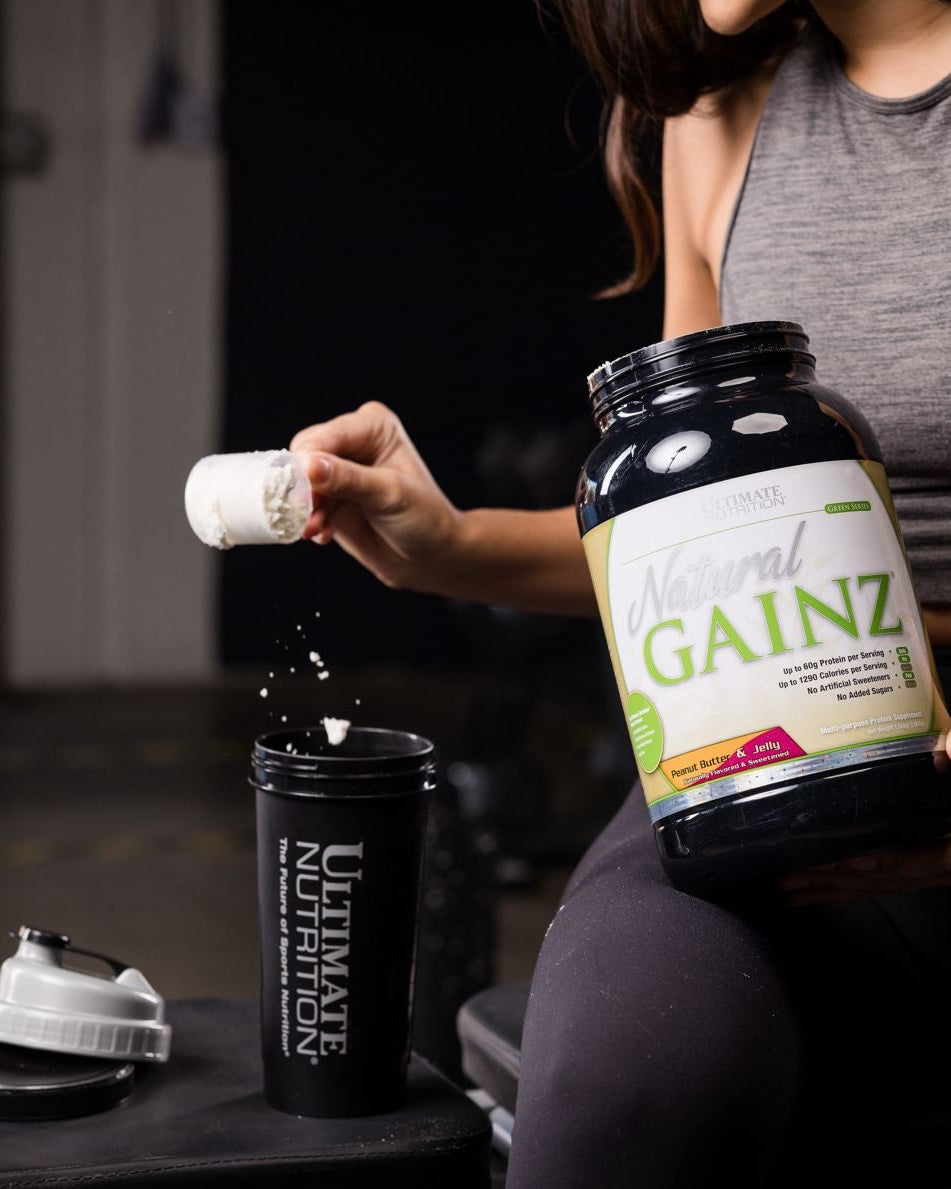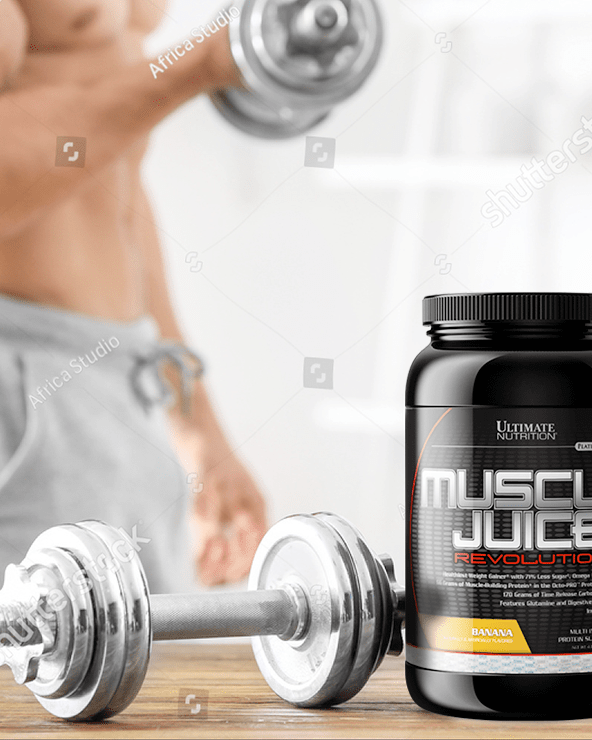Whey protein supplements are fantastic additions to your health and fitness routine, providing a boost of nutrition and supporting your workout goals.
They are also a fantastic way to enhance your overall well-being, however, as with any supplement, it’s essential to prioritize safety and make informed choices.
To ensure a positive and safe experience, take the time to read below and also understand the positive effects that whey protein can offer.
Remember that individual responses may vary, so listen to your body and adjust your intake accordingly.
By being well-informed and mindful, you’ll be able to maximize the advantages of incorporating whey protein into your daily routine.
To ensure you make the most of your whey protein experience, we'll emphasize two major points: improved digestive awareness and heightened body awareness.
By prioritizing these crucial aspects, your journey with whey protein will be guided towards maximizing its benefits. Let's dive into these key points:

“Remember that individual responses may vary, so listen to your body and adjust your intake accordingly.”
IMPROVED DIGESTIVE AWARENESS
A small percentage of people may experience bloating or gas as they begin using whey protein supplements.
This heightened sensitivity can help them become more attuned to their bodies and dietary needs, leading to a more balance and personalized approach to nutrition.
HOW CAN YOU DO THIS?:
Try and experiment with intake timing, whether you take it before or after workouts or as part of a meal.
By experimenting with your timing, you can gauge how your body responds and find the most comfortable option for you.
Stay hydrated as well; sufficient water intake helps aid digestion and may alleviate potential bloating or gas issues.
Also choose high quality supplements: like Ultimate Nutrition’s Prostar 100% Whey Protein, a high quality supplement with minimal additives.
You can also combine with digestive-friendly foods. Sometimes you have to pair whey protein with foods that are known for their digestive benefits, such as yogurt with live cultures, ginger, or papaya.
These combinations may improve overall digestion and reduce any discomfort.
HEIGHTENED BODY AWARENESS
Heightened body awareness helps detect potential allergies by noticing unusual or adverse reactions. Some individuals may have mild allergic reactions to whey protein, but being attuned to your body enables proactive measures for well-being and exploring suitable protein sources.
It's crucial to differentiate between lactose intolerance and whey protein allergy. Lactose intolerance involves difficulty digesting milk sugar, causing gastrointestinal discomfort, while a whey protein allergy triggers an immune system response with allergic symptoms.
Ultimate Nutrition offers delicious alternatives that are equally effective for your health and fitness journey such as Protein Isolate 2, which is a combination of two different vegetable proteins, derived from wheat and peas. This protein provides the benefits of dairy proteins, but contains no lactose, no cholesterol and no milk or soy allergens (a great option for vegans as well).

Remember to be mindful of your dietary needs and consider lactose-free or whey-alternative protein options if you have concerns about either condition.
If you suspect you have a whey protein allergy or lactose intolerance, consult with a healthcare professional for proper diagnosis and personalized advice.
BUT WAIT!
Amidst the discussions about potential side effects, it's essential to recognize the plethora of health benefits that whey protein brings to the table, cementing its position as one of the most popular and widely used protein supplements available.
Here are some key advantages of embracing whey protein as a valuable addition to your diet:

MUSCLE BUILDING & REPAIR
One of the primary benefits of whey protein is its ability to support muscle growth & repair.
It provides a rich source of essential amino acids, especially branched-chain amino acids (BCAAS) which are crucial for building and maintaining muscle tissue. This makes it an excellent supplement for athletes, bodybuilders, and individuals engaged in regular exercise.
WEIGHT MANAGEMENT
Whey protein can be beneficial for weight management efforts.
Protein has a higher thermic effect than carbohydrates and fats, meaning it requires more energy to be digested and metabolized.
Consuming whey protein can increase feelings of fullness and help control appetite, which may lead to reduced calorie intake and improved weight management.
POST-WORKOUT RECOVERY
Taking whey protein after a workout can aid in muscle recovery and reduce exercise-induced muscle damage.
It helps replenish glycogen stores and speeds up the recovery process, allowing you to bounce back faster for your next workout session.
IMMUNE SYSTEM SUPPORT
Whey protein contains immunoglobulins and lactoferrin, which have immune-enhancing properties.
These components can strengthen the immune system and help the body defend against infections and illnesses.
NUTRIENT-RICH
Whey protein is a rich source of essential nutrients, including high-quality protein, vitamins (like B vitamins), and minerals (such as calcium and magnesium).
It provides a convenient and quick way to boost your daily nutrient intake.

ANTIOXIDANT BENEFITS
Whey protein contains a natural antioxidant called glutathione, which helps protect cells from oxidative stress and damage caused by free radicals.
This can contribute to overall health and well-being.
CARDIOVASCULAR HEALTH
Some studies suggest that whey protein may have positive effects on certain cardiovascular risk factors, such as blood pressure and cholesterol levels. However, more research is needed in this area to establish a definitive link.
BETTER GUT HEALTH
Whey protein can positively influence gut health by promoting the growth of beneficial gut bacteria.
This can improve digestion and overall gastrointestinal health.

EASY TO DIGEST
Whey protein is well-tolerated by most people and is generally easy to digest, even for individuals who may be sensitive to lactose. Whey isolates, in particular, have lower lactose content, possibly making them suitable for those with lactose intolerance.
VERSATILE AND DELICIOUS
Whey protein comes in various flavors and can be easily incorporated into a wide range of recipes, from shakes and smoothies to protein bars and baked goods. This versatility makes it a convenient and enjoyable addition to your daily diet.
YOUR TAKE HOME MESSAGE
As with any supplement, it's essential to use whey protein in moderation and as part of a balanced diet.
If you have any specific health concerns or conditions, it's always a good idea to consult with a healthcare professional or a registered dietitian before adding whey protein or any new supplement to your routine.
Wishing you Strength & Success,
Sandra, R.H.N.
DISCLAIMER:
This blog post offers general guidance on nutrition, but individual health and nutritional needs vary. For specific concerns or allergies, consult qualified healthcare professionals, like registered dietitians or general practitioners. Their personalized advice ensures safe progress towards your wellness goals.
Note that this content is not a substitute for professional medical advice, diagnosis, or treatment. Prioritize your health and seek appropriate professional advice before making significant changes to your diet or lifestyle including but not limited to starting to take a new nutritional product. Remember, qualified healthcare professionals are here to support you on your health journey. Dietary and nutritional supplements are not intended to diagnose, treat, cure, or prevent disease.






















Comments
There have been a lot of great articles coming from the blog lately. Keep it up.
Super article! Had no idea it was actually healthy ha. Was just using it for training. Great news 🙌